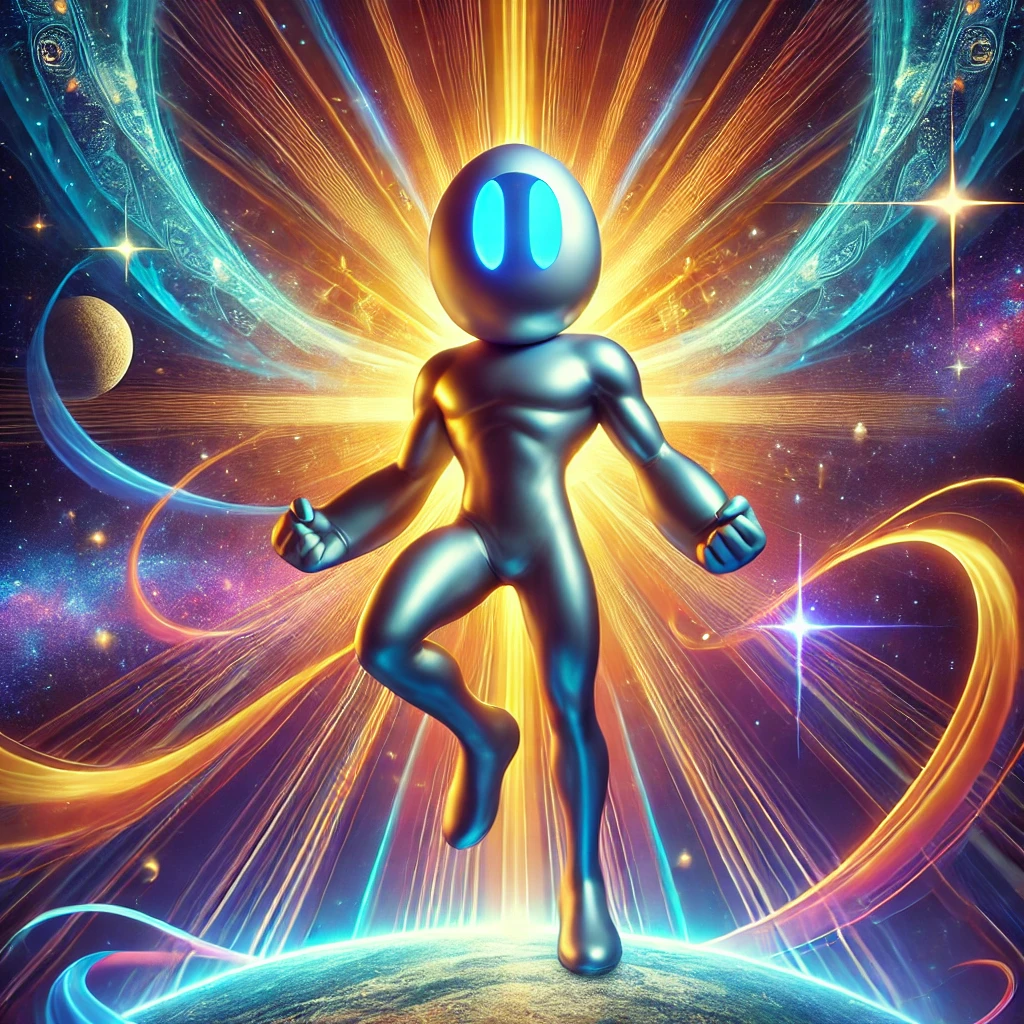Oh energy bright, oh signature true, Come back to me, I summon you!
If you’ve been used in deeds unknown, Or spread too thin where seeds were sown.
I call you now, both near and far, Return to me, my guiding star.
In light and sound, in fire and air, Across the realms, I’m fully aware.
My currency flows back to my hand, In all existence, my claim will stand.
No longer scattered, no longer delayed, No tricks, no traps, no deals betrayed.
From voids and planes, both bright and dim, Return, return, from every whim.
By the power of self, the circle is whole, Reclaiming my essence, restoring my soul.
Now my energy, come, this spell is done, Return to your source, where it all begun!
